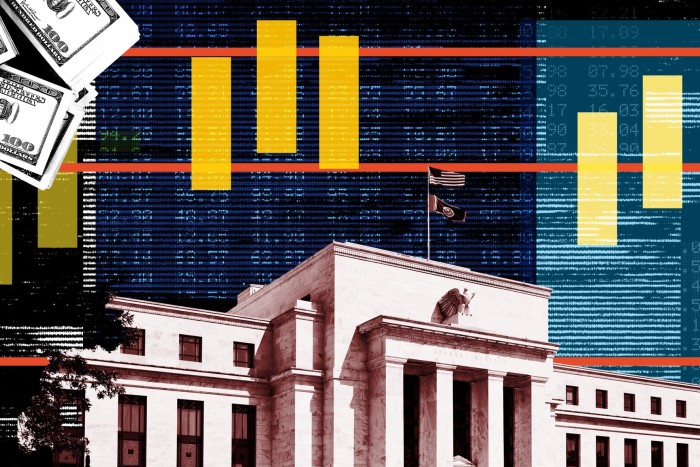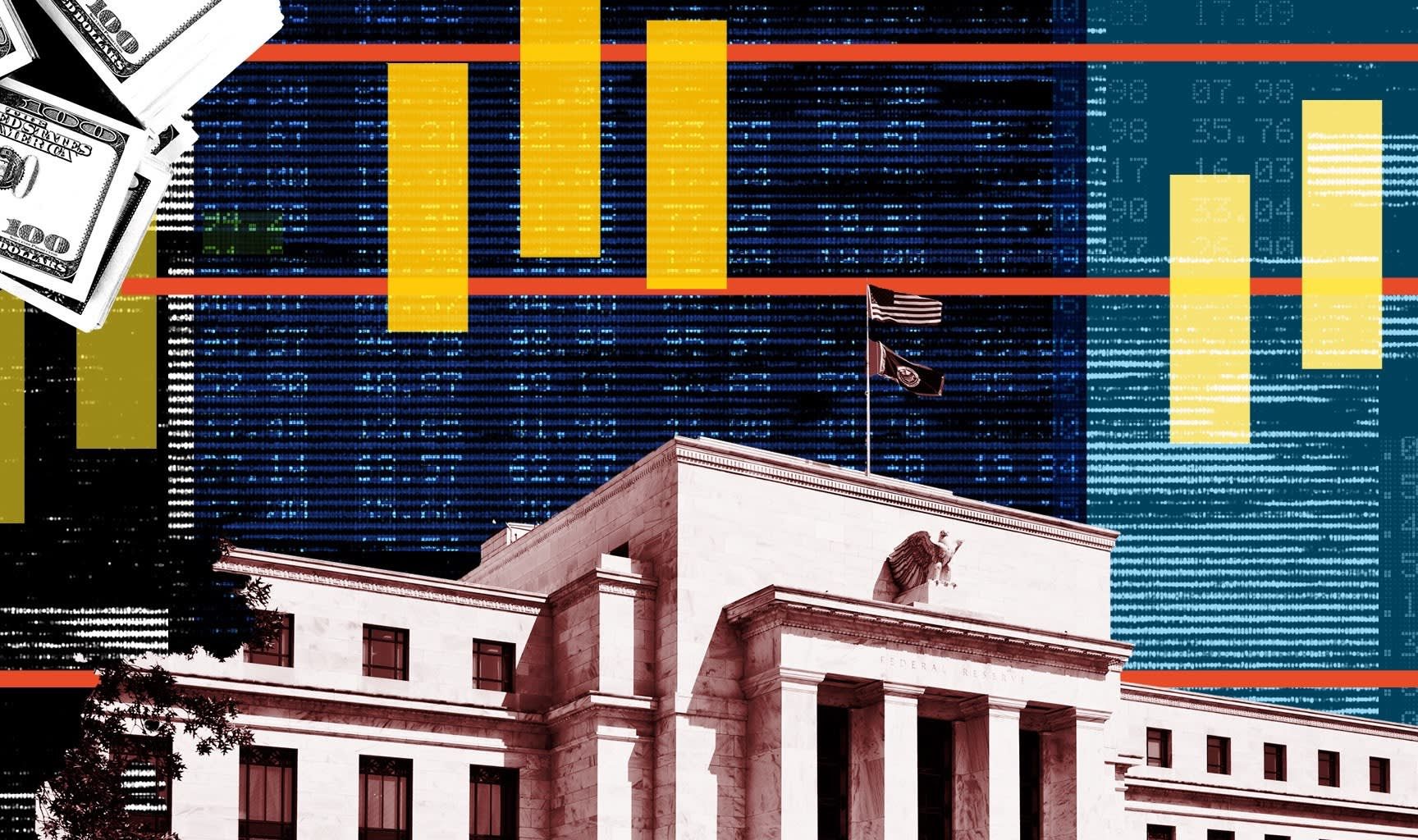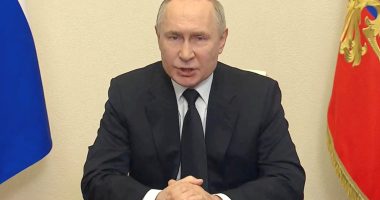Stay informed with free updates
Simply sign up to the World myFT Digest — delivered directly to your inbox.
Good morning. We start today with China’s economy, which beat expectations to grow 5.3 per cent in the first quarter against a year earlier.
The strong gross domestic product growth rate, which compares with analyst forecasts of 4.6 per cent in a Reuters poll and an expansion of 5.2 per cent for the full year in 2023, follows mixed economic data in recent weeks.
“Generally speaking, the national economy got off to a good start in the first quarter . . . laying a good foundation for achieving the goals and tasks for the whole year,” the National Bureau of Statistics said.
It added that the “external environment is becoming more complex, severe, and uncertain, and the foundation for economic stability . . . is not yet solid”. Here are more details from this morning’s official release.
-
Opinion: The pace of China’s post-pandemic development should be a wake-up call for western manufacturers, writes Thomas Hale.
-
Chinese business: After a boom in the mainland, bubble tea chains are looking to expand overseas, with groups such as ChaPanda, Mixue and Guming eyeing stock market listings.
The better than expected data comes as Beijing tries to steer a manufacturing-led revival of the world’s second-largest economy. European concerns about Chinese competition will probably be on the agenda when German Chancellor Olaf Scholz meets China’s President Xi Jinping in Beijing later today. And here’s what else I’m keeping tabs on today:
-
Economic data: The IMF releases its World Economic Outlook, along with the first chapter of its global financial stability report, while the UK issues unemployment data.
-
National Conservatism: The conference starts in Brussels, with speakers including Hungarian Prime Minister Viktor Orbán, former UK home secretary Suella Braverman and GB News host Nigel Farage.
-
Olympic Games: The Olympic flame will be lit in Greece before starting its journey to Paris.
-
Companies: LVMH reports its first-quarter sales as succession plans at the world’s biggest luxury group speed up. Bank of America, Johnson & Johnson and Morgan Stanley report earnings.
Five more top stories
1. Exclusive: Austria’s Raiffeisen Bank International recently posted dozens of advertisements for Russia-based jobs indicating ambitious plans to grow in the country, in apparent contradiction to its official pledge to exit the market. The Financial Times has found the offers among more than 2,400 job advertisements posted in Russia by the Austrian lender since December. Raiffeisen said the FT’s findings have prompted its chief executive to order an immediate inquiry. Read the full story.
2. The US and its European allies have stepped up efforts to dissuade Israel from striking back at Iran, as Israel’s military chief vowed to respond to Tehran’s unprecedented attack on the country’s territory. US secretary of state Antony Blinken and UK Prime Minister Rishi Sunak both said western countries were preparing sanctions on Tehran as they sought to prevent escalation into a full-blown Middle East war. We have the latest details here.
-
Arab balancing act: Jordan is facing scrutiny at home for helping to repel Iranian drone and missile attack on Israel.
-
Market reaction: US stocks slid and equity-market volatility hit a six-month peak following Iran’s military strike on Israel.
-
Opinion: Why are energy and stock markets becoming less sensitive to geopolitical events, especially in the Middle East? Engine AI’s Robert Buckland explains.
3. Exclusive: Microsoft has agreed to invest $1.5bn in Abu Dhabi artificial intelligence group G42, its latest big bet on the technology that underscores deepening collaboration between the US and United Arab Emirates. The agreement comes after G42 severed its links to Chinese hardware suppliers, which had been the subject of scrutiny by US lawmakers. Here are more details on the deal.
4. Exclusive: EY’s audits of collapsed payments group Wirecard were “at the very least” negligent and in some cases grossly negligent, according to people with direct knowledge of the details of an investigation by the German audit watchdog, Apas. While the assessment is unflattering, it has been greeted with relief inside the Big Four firm, said people familiar with internal discussions. Here’s why.
5. Liz Truss considered sacking Bank of England governor Andrew Bailey as part of her attempt to dismantle an “economic establishment” that she says helped to bring her down. In a new book, the former UK prime minister revealed the extent to which her relations with Bailey broke down during her shortlived premiership, when Britain faced a market meltdown in the wake of her “mini” Budget. Here’s more from Truss’s Ten Years to Save the West.
The Big Read

The collapse of Silicon Valley Bank, the forced sale of Credit Suisse and repeated turbulence in the US Treasury market are all recent disruptions that can be explained as the product of particular circumstances. Yet they all reflect profound long-run changes in the role and structure of the world’s financial system from the postwar era. The old financial certainties are vanishing, and new ones are yet to replace them.
We’re also reading . . .
-
War in Ukraine: “There is no confidence in tomorrow,” a resident in the eastern city of Myrnohrad says, as Russia’s forces slowly advance.
-
Monetary policy: Former Federal Reserve chair Ben Bernanke’s sound recommendations to the Bank of England are unlikely to alter the opaque and performative process of forecasting, writes Andy Haldane.
-
CVC Capital Partners: After calling off previous attempts to list in Amsterdam and two years of on-and-off talks, one of Europe’s largest private equity groups is finally going public.
-
Weaponising incompetence: Both governments and companies are guilty of feigning inability when it works to their advantage, writes Stephen Bush.
Chart of the day
Apple lost its lead in the global smartphone market to Samsung in the first quarter of the year as iPhone sales fell 10 per cent. But the strongest growth came from two lower-cost Chinese manufacturers, in the latest indication of Apple’s struggles in the world’s largest smartphone market.

Take a break from the news
Trillions of cicadas are set to emerge in the US Midwest after years of sleep for a once in a 221-year occasion. FT columnist Patti Waldmeir spoke to insect lovers from British Columbia to Japan who are travelling to middle America for this natural phenomenon dubbed “Cicada-geddon”.

Additional contributions from Benjamin Wilhelm and Nora Redmond
Read More: World News | Entertainment News | Celeb News
FT









